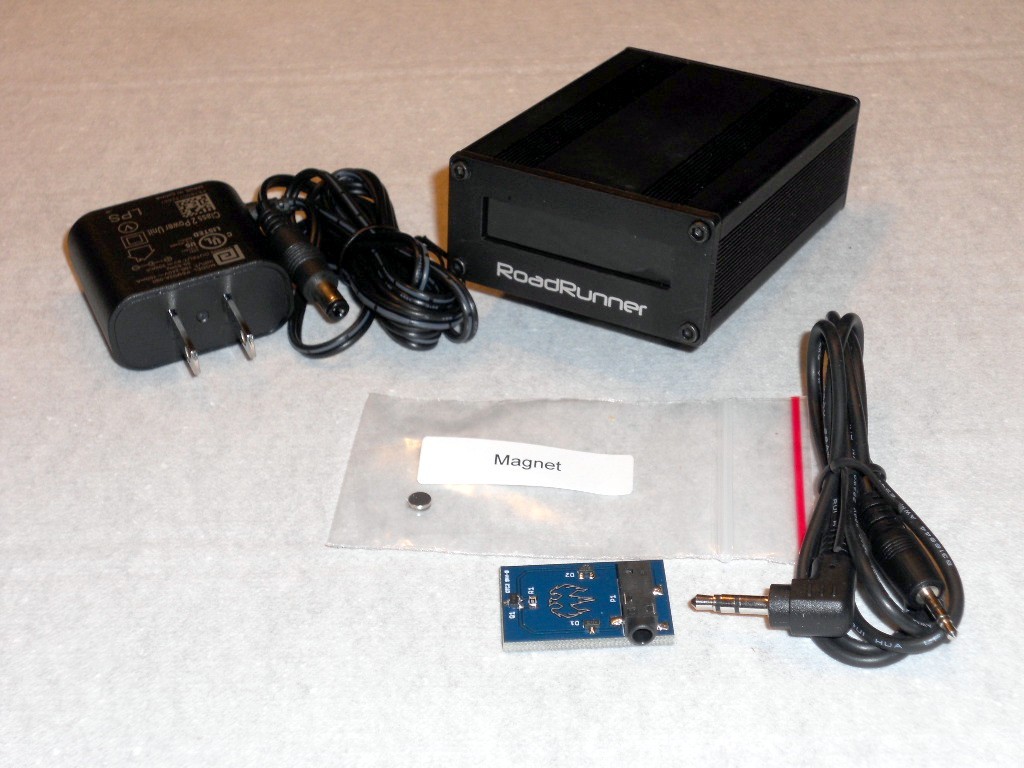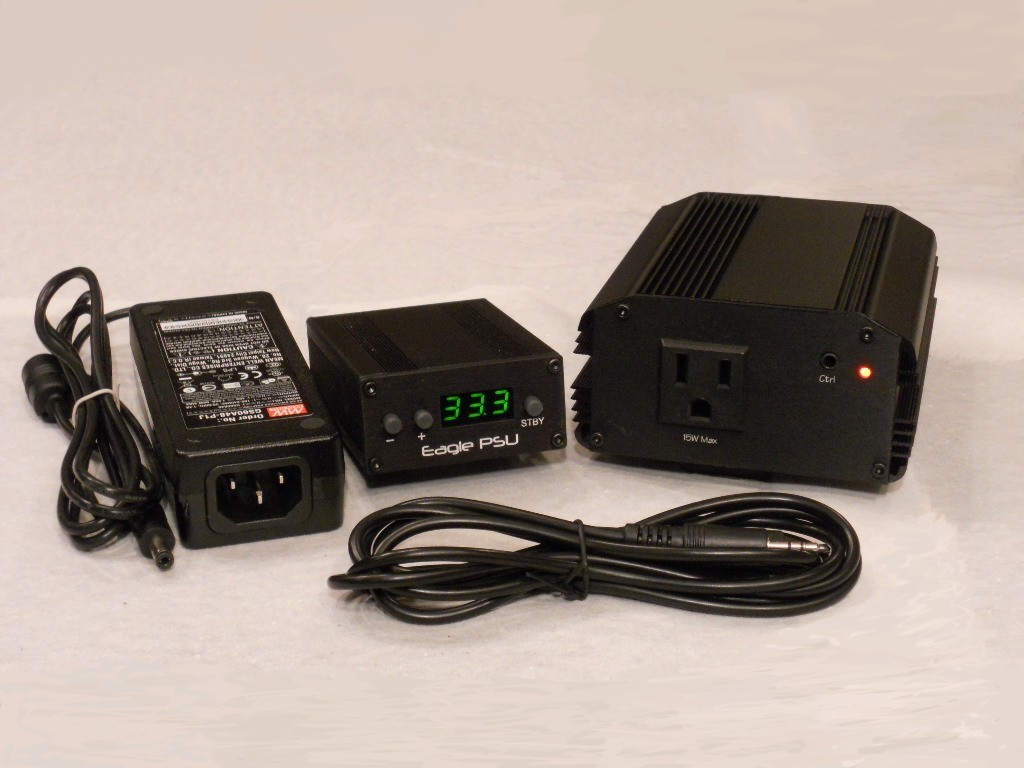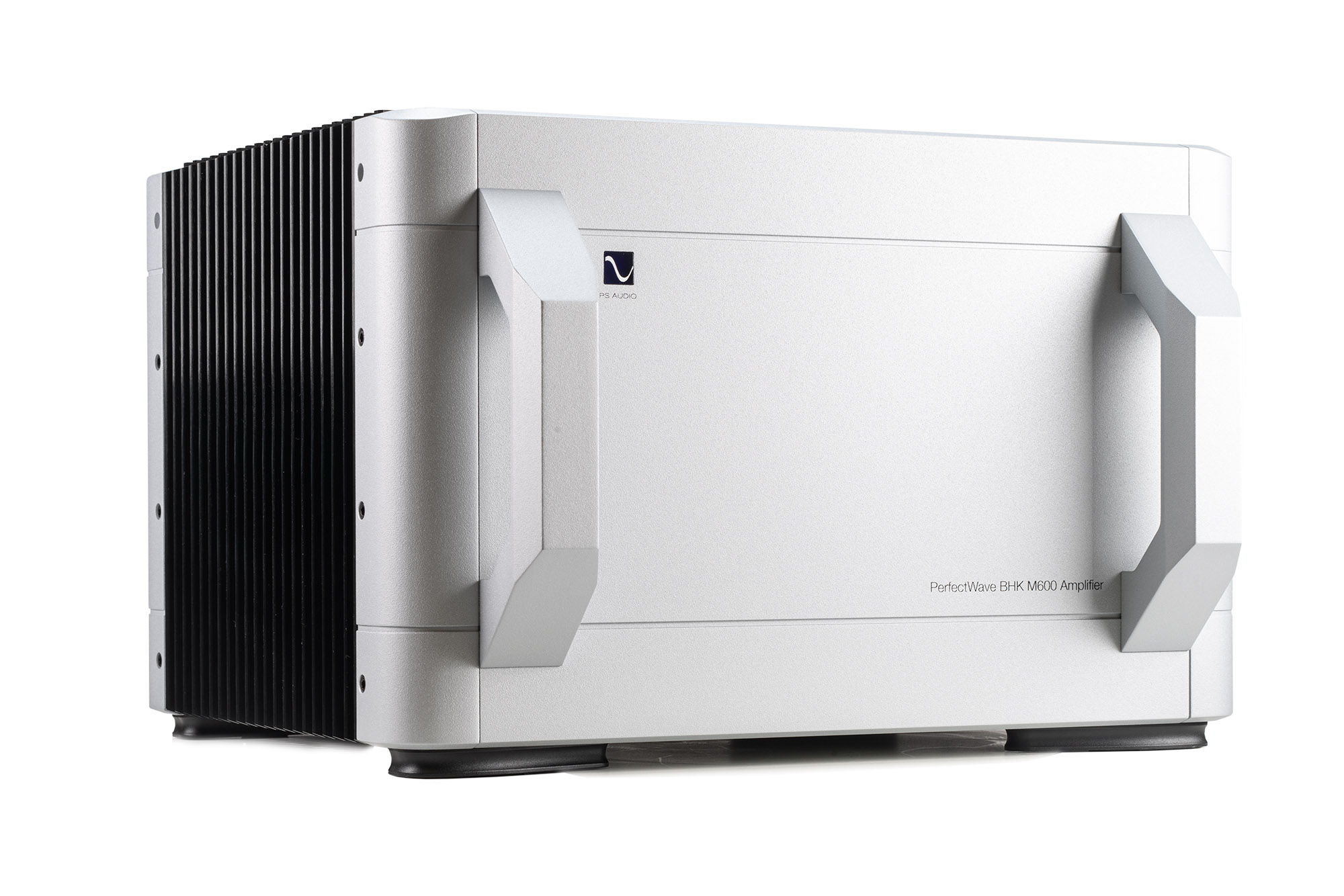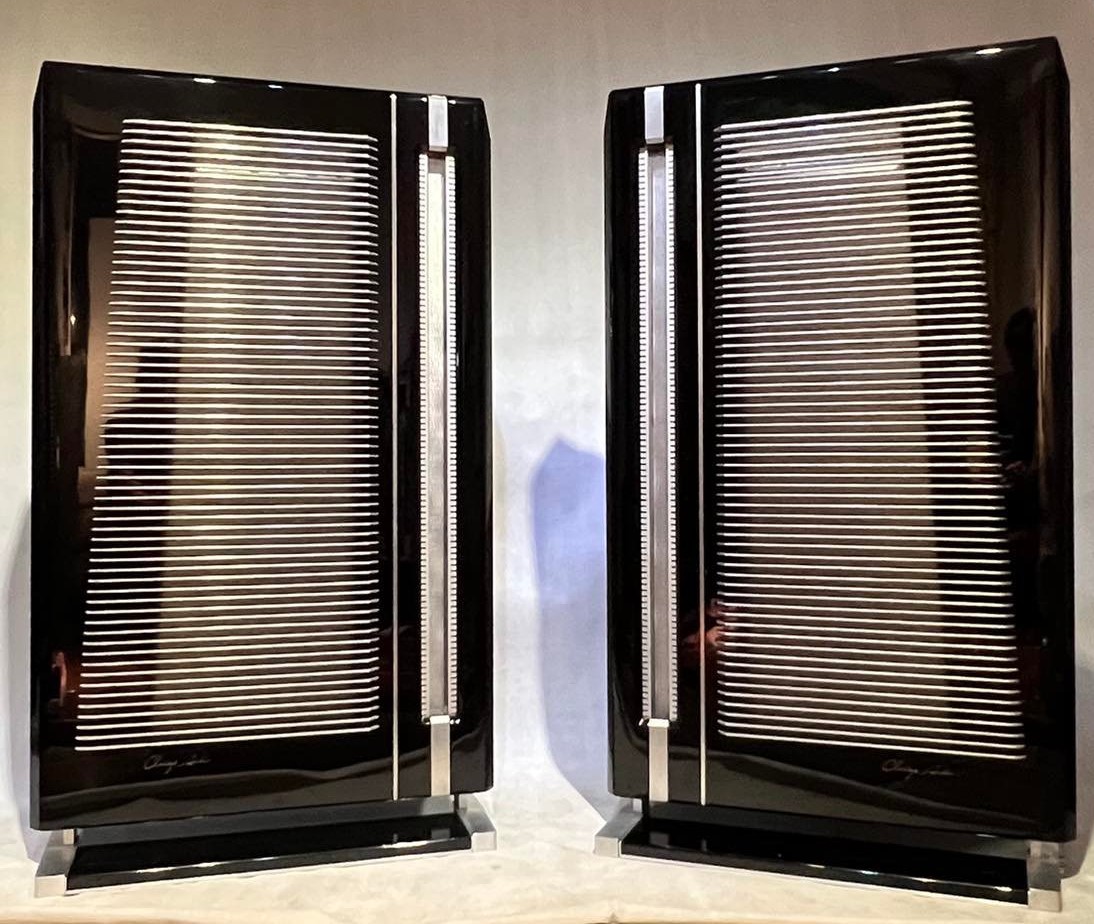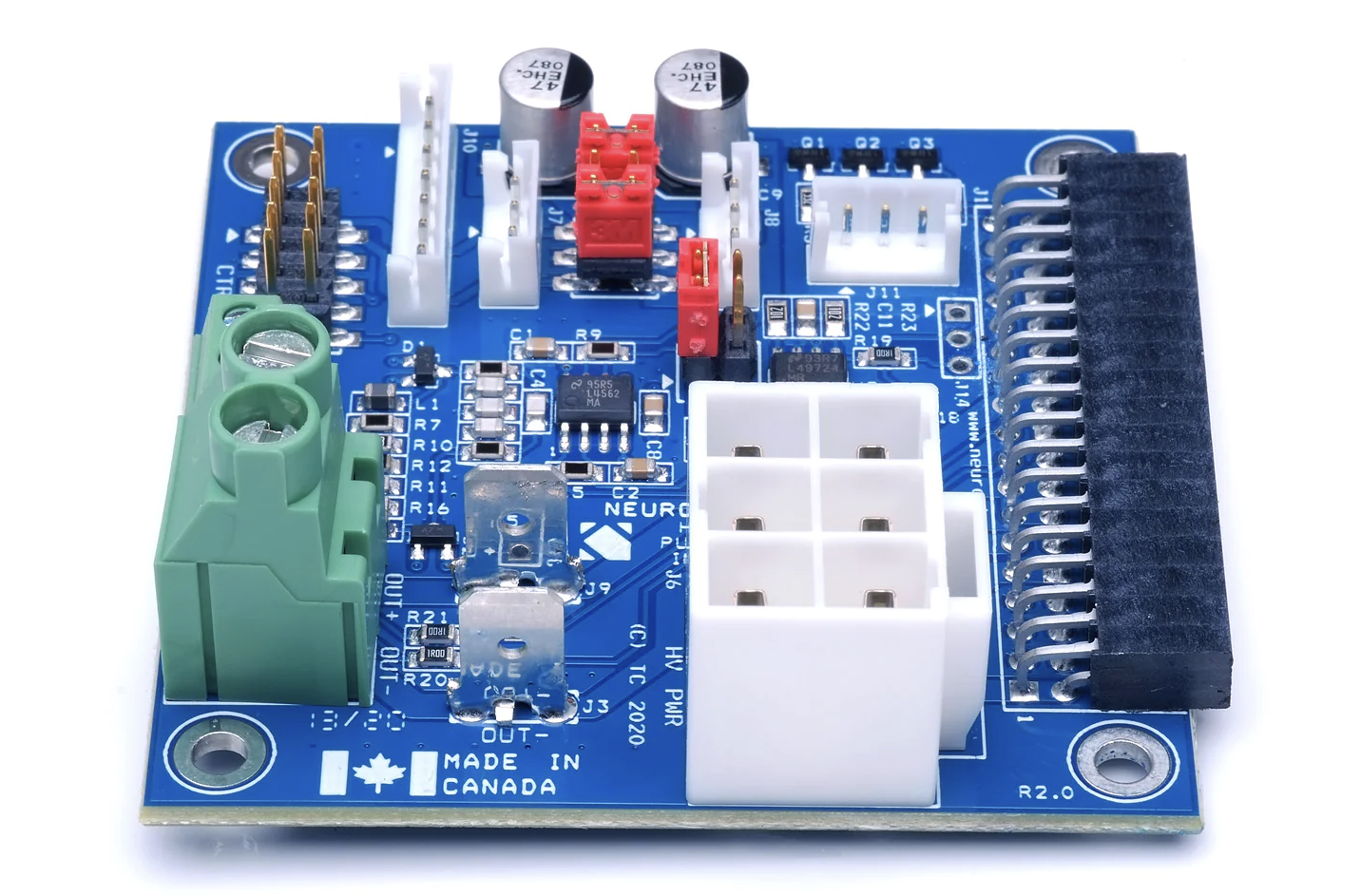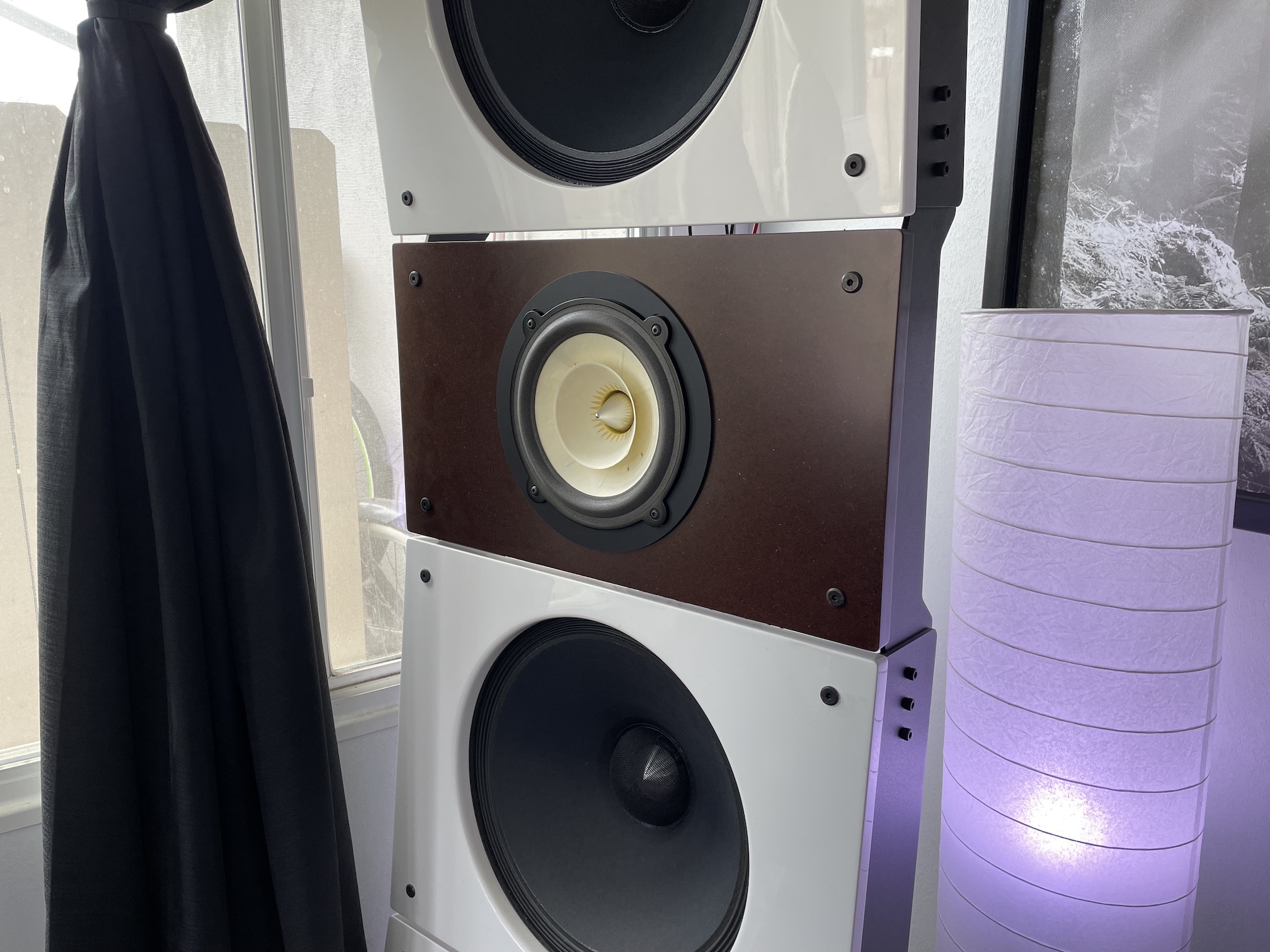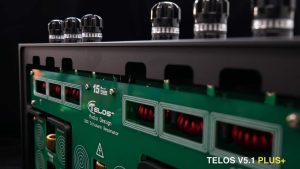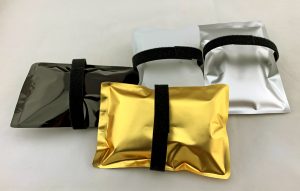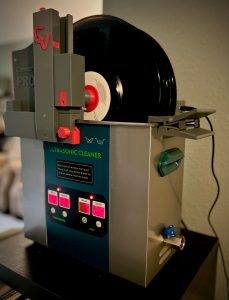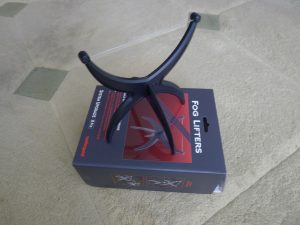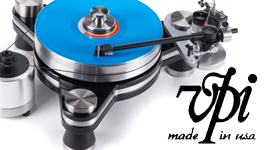You would be surprised if you actually measured your turntable's platter. It may be several RPM off and you didn't even know it. I started to get suspicious when I was listening to some music and the pitch just seemed a little off. I'm guessing not everyone has the ability to discern a pitch-shift but sometimes it's so drastic, you think—"something is wrong..."
Most of you know that I recently reviewed and purchased the Triangle Art Signature Turntable. A behemoth of a turntable, aligned with my core values of what a turntable should be. When I reviewed it, it came with a Walker Motor Controller, which allowed manual adjustment of speeds to get it just right.
Well—it wouldn't always stay just right. It would drift. I didn't really notice this until I received the Phoenix Engineering RoadRunner turntable tachometer. Once mounted, you are shown your speed at 5 digit resolution. 33.333 for example—which is a bit overkill but it makes sense once connected to a power supply unit (more on that later).
The drifting made me a bit mad. Once you see how off your turntable is, you will get a little obsessive on ensuring it was staying the right speed. The cool thing is, Phoenix Engineering also makes a motor controller that connects to this tachometer as a feedback loop. It will make minor corrections to get it back to where you want it. Now, if I leave my table running, it varies between 33.333 and 33.335. Quite amazing! Especially with a belt-driven turntable with such weight.
Unfortunately, at first, I was not able to review the motor controller, mainly because my motor is a high watt unit. Bill ensured me he was working on a new model (The Eagle). At the time he only had the Falcon and he said it was not powerful enough. Fast forward a few months, and Bill delivered! No larger than the Falcon unit, instead of the motor connecting directly to it, it connects to another outboard power supply which has plenty of current for the most needy turntables. Basically it's a 3 box modular system now.
Once I got everything connected, we were on our way. There are several configuration modes that can be used to tweak with, which I did not mess with but they are there. For example you can adjust your pulley size, volt frequency (this works for both 50 and 60Hz), etc.
The unit can be switched between 45RPM and 33RPM just by the click of a button. It also remembers where you left off, meaning it will start in 45 if you want it to. Another cool feature is that it will start a motor in 45. You may have a larger motor and have noticed that your controller will not start the motor in 45RPM mode. That by itself will demonstrate a poor controller. How to get around this is simple—start in 33 and ramp up to 45! Duh. Nice work, Bill. It's too bad my previous unit would not do that.
OK... so let's get to playing some music!
One of the first albums I threw on was Tool's Ænima. For some reason I can sense bad pitch straight off the bat with this album. With the Phoenix system in place, it sounded perfect! The bass notes in the beginning of the album were just perfect. Awesome!
Also—it seems to me, that playing piano music back on vinyl can be painful if you are pitch-aware. Using the Phoenix devices on several piano heavy albums yielded great results, allowing me to really get involved in the music and to forget about the playback medium.
You simply can't go wrong with these devices—perfect addition to any AC motor based table. And, at this price, you'd be crazy not to make the shift!
Roadrunner
$235
Eagle PSU
$525
Phoenix Engineering




